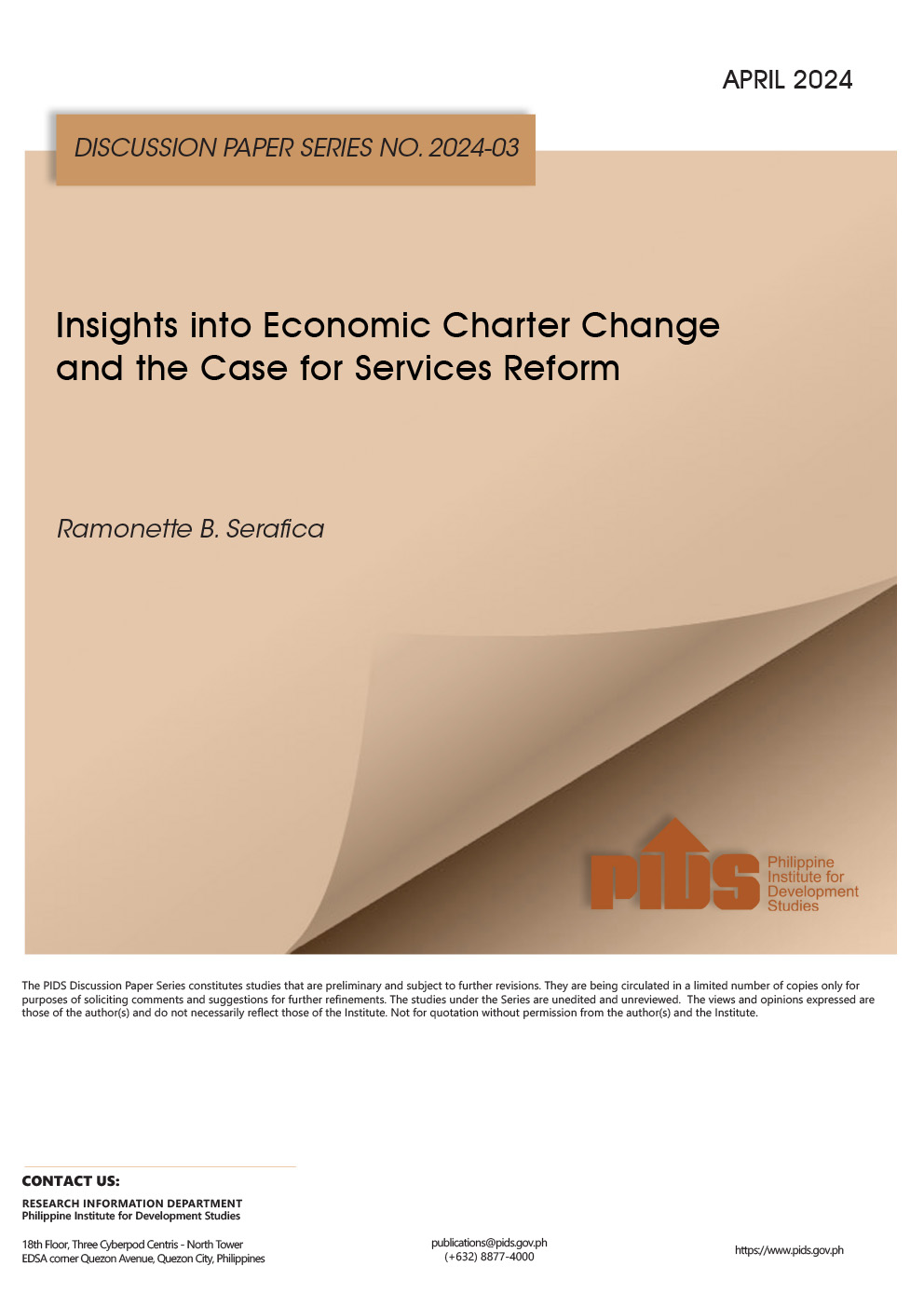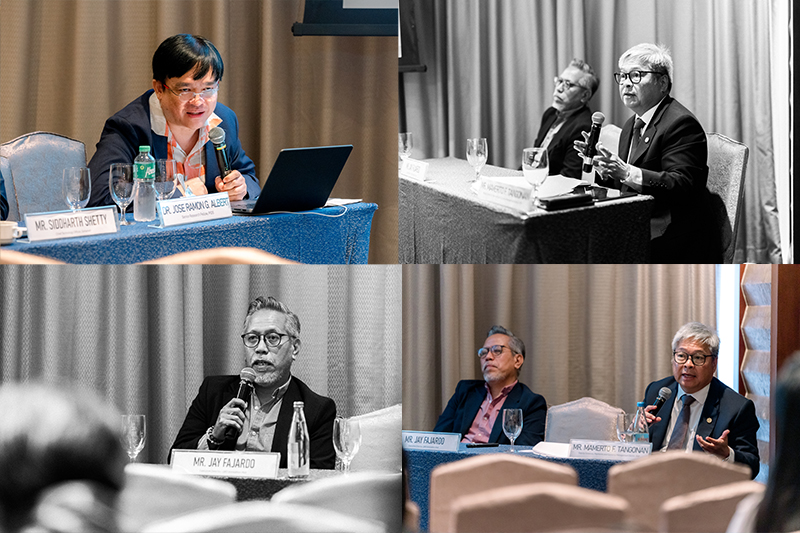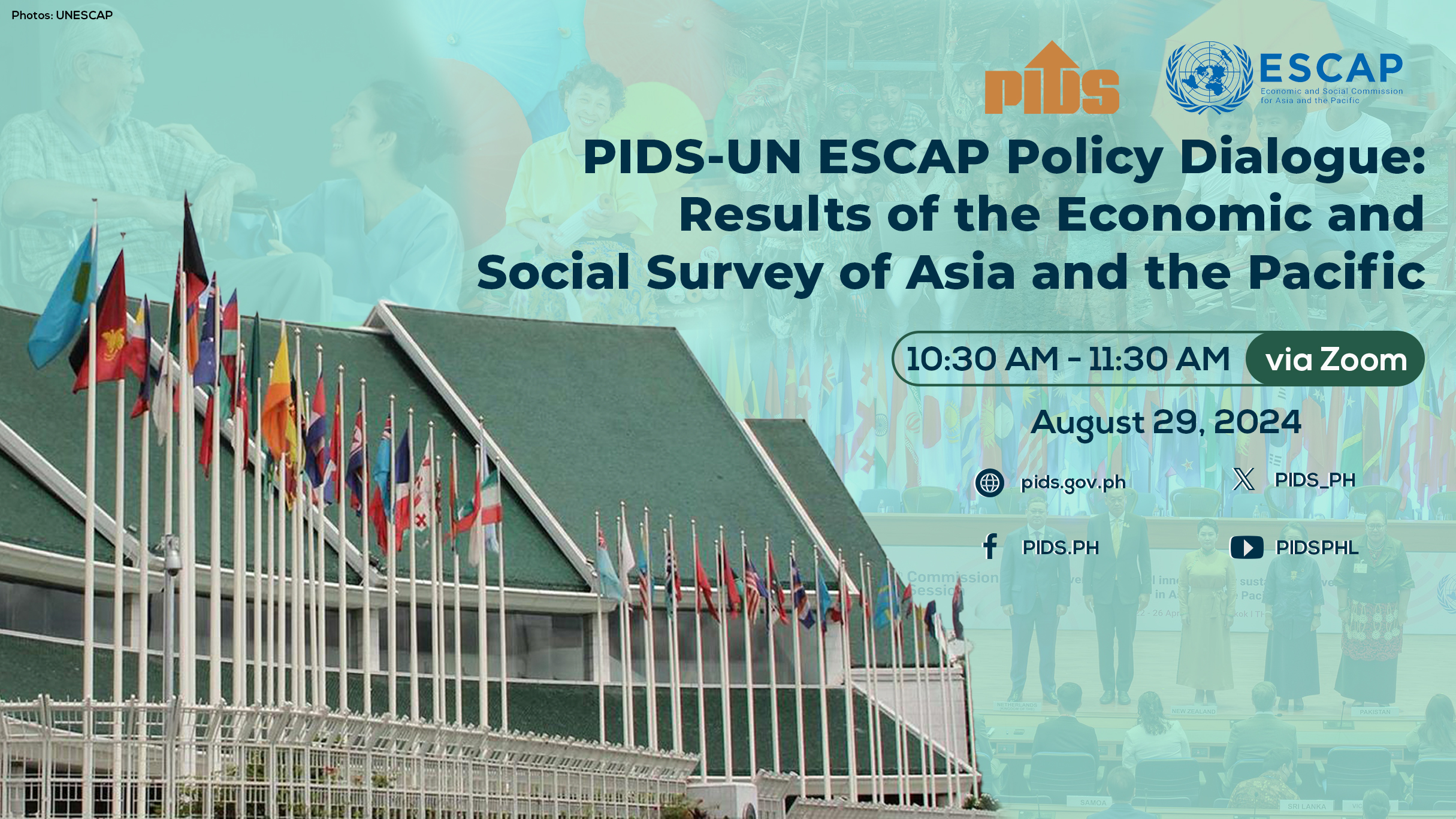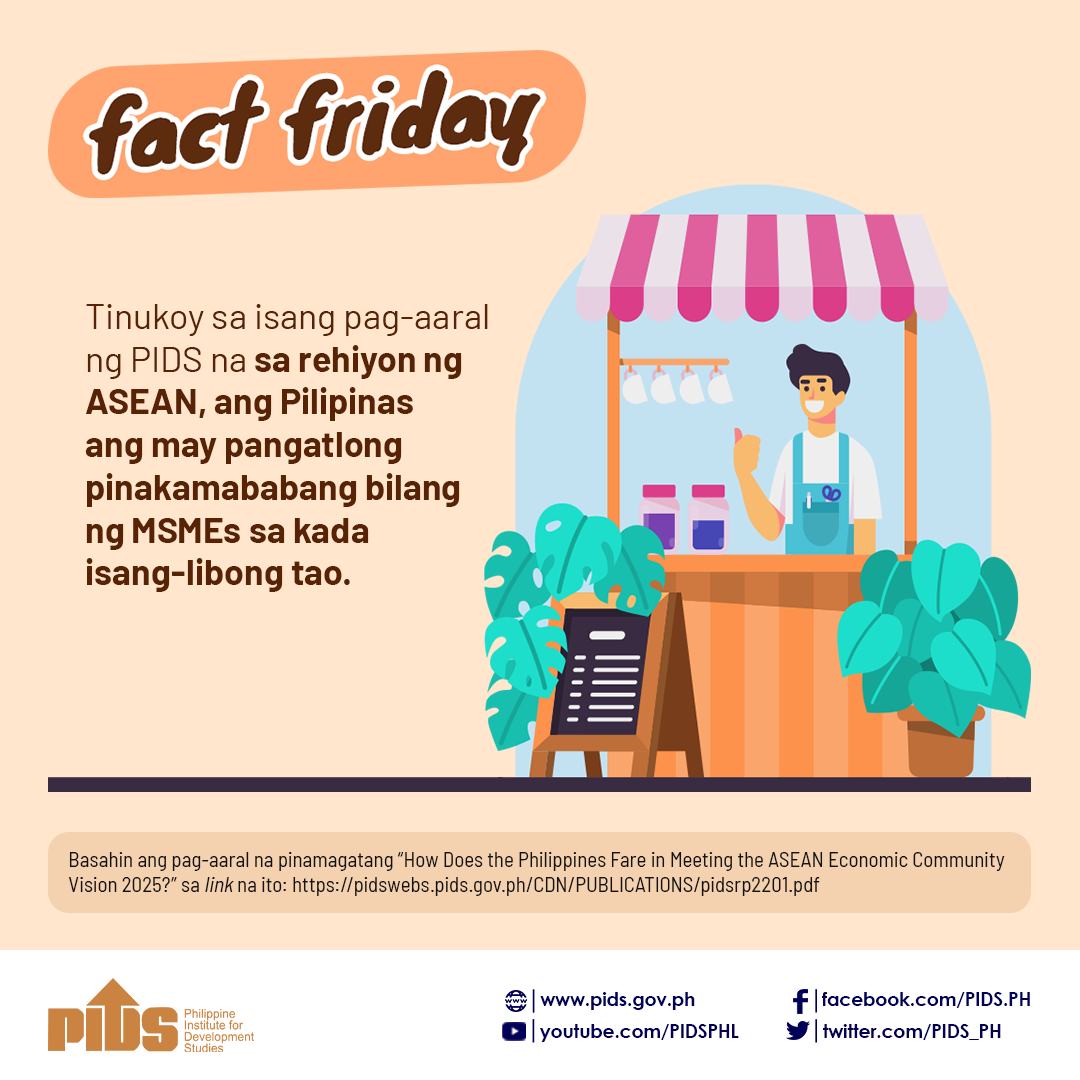Every year, many Filipinos make the difficult decision of leaving their families behind—exploring 'greener' pastures abroad, hoping to provide a better life for their loved ones. The decision to leave, though, has a significant impact not only on the OFW but on their families as well. This means being separated on a more extended period and not being able to come home on important occasions like Christmas, where having the whole family together for Noche Buena is a cherished tradition. In their stead, they send balikbayan boxes filled with gifts as a way to make their presence felt during the holidays.
This story is true for Maria Herbon, an OFW based in Abu Dhabi who was recently featured in the OFW film of Coca-Cola. Herbon, who served as the family's constant provider for the past four years, is one of the 2.2M Overseas Filipino Workers (OFW) recorded in 2019 who chose to migrate so they can improve their economic conditions; at the same time, afford a more sustainable source of income that will sustain the basic needs of food, shelter, and education for their families.
''I decided to work abroad in order to support my seven children and give them a better life,'' shared Herbon. ''Even if it is challenging, it makes me happy whenever I am able to send back money that they can use to buy the things they wish for. My children are the ones who motivate me to go on. I see them doing their best even without me there, and that motivates me to stay strong.''
She further shared that the lack of stable income opportunities in the country was one of the main reasons why she persevered to explore work outside. While OFWs often earn four times higher working abroad, according to the Philippine Institute for Development Studies on The Social and Economic Impact of Migration and Remittances, its economic benefits come with a hefty price. For Herbon, it was missing out on her children's milestones, not being part of any family picture, and indirectly passing on the adult responsibilities as a mother to her 18-year-old daughter, Stephanie.
Stephanie, however, said that she and her siblings look forward to having their mother back home permanently so that they can be together as a family. She emphasized that money and material things do not matter to them this Christmas, as long as their family is complete – this alone is the best gift that they can wish for.
The first complete Herbon family photo.
Migration for work continues to be an inevitable reality for most Filipino families, but the ongoing global crisis also forcibly displaced over 300,000 OFWs. Herbon initially had to take odd jobs after she was laid off from her work as a nursery teaching assistant in Abu Dhabi. Riddled with worry that she has no means of sending financial support to her family, she went back to the Philippines last November.
Staying true to its thrust of bringing families together and uplifting people, Coca-Cola, in partnership with different government agencies, launched the OFW RISE or Overseas Filipino Workers Re-Integration through Skills & Entrepreneurship Program. The beverage brand aspires to help repatriated OFWs like Herbon to restart their lives back in the country and be able to stay home for good with their families.
''Our OFWs make a lot of sacrifices when they leave the country. And most of them have dreams of eventually coming home and establishing their own business; which will allow them to provide for their families continuously. As a brand, we believe in bringing families together, and the OFW RISE Program is one initiative that will allow us to help make these dreams come to life,'' said Teejae Sonza, Coca-Cola Philippines marketing director.
In a partnership between Coca-Cola, the Department of Labor and Employment through the Overseas Workers Welfare Administration (OWWA) and the National Reintegration Center for OFWs (NRCO), TESDA, and the Philippine Trade Training Center (PTTC), an attached agency of the Department of Trade and Industry, the OFW RISE Program focuses on the economic integration of returning OFWs. It aims to empower 10,000 returning OFWs to become business owners through web-based training on basic entrepreneurship and business idea development, supported by practical business coaching as well as establishing linkages to livelihood assistance and capital.
''With the OFW RISE program, we hope that OFWs like Maria need not leave their families again for opportunities abroad, and they can keep spending their Christmases and beyond as a family at home,'' said Sonza.
This story is true for Maria Herbon, an OFW based in Abu Dhabi who was recently featured in the OFW film of Coca-Cola. Herbon, who served as the family's constant provider for the past four years, is one of the 2.2M Overseas Filipino Workers (OFW) recorded in 2019 who chose to migrate so they can improve their economic conditions; at the same time, afford a more sustainable source of income that will sustain the basic needs of food, shelter, and education for their families.
''I decided to work abroad in order to support my seven children and give them a better life,'' shared Herbon. ''Even if it is challenging, it makes me happy whenever I am able to send back money that they can use to buy the things they wish for. My children are the ones who motivate me to go on. I see them doing their best even without me there, and that motivates me to stay strong.''
She further shared that the lack of stable income opportunities in the country was one of the main reasons why she persevered to explore work outside. While OFWs often earn four times higher working abroad, according to the Philippine Institute for Development Studies on The Social and Economic Impact of Migration and Remittances, its economic benefits come with a hefty price. For Herbon, it was missing out on her children's milestones, not being part of any family picture, and indirectly passing on the adult responsibilities as a mother to her 18-year-old daughter, Stephanie.
Stephanie, however, said that she and her siblings look forward to having their mother back home permanently so that they can be together as a family. She emphasized that money and material things do not matter to them this Christmas, as long as their family is complete – this alone is the best gift that they can wish for.
The first complete Herbon family photo.
Migration for work continues to be an inevitable reality for most Filipino families, but the ongoing global crisis also forcibly displaced over 300,000 OFWs. Herbon initially had to take odd jobs after she was laid off from her work as a nursery teaching assistant in Abu Dhabi. Riddled with worry that she has no means of sending financial support to her family, she went back to the Philippines last November.
Staying true to its thrust of bringing families together and uplifting people, Coca-Cola, in partnership with different government agencies, launched the OFW RISE or Overseas Filipino Workers Re-Integration through Skills & Entrepreneurship Program. The beverage brand aspires to help repatriated OFWs like Herbon to restart their lives back in the country and be able to stay home for good with their families.
''Our OFWs make a lot of sacrifices when they leave the country. And most of them have dreams of eventually coming home and establishing their own business; which will allow them to provide for their families continuously. As a brand, we believe in bringing families together, and the OFW RISE Program is one initiative that will allow us to help make these dreams come to life,'' said Teejae Sonza, Coca-Cola Philippines marketing director.
In a partnership between Coca-Cola, the Department of Labor and Employment through the Overseas Workers Welfare Administration (OWWA) and the National Reintegration Center for OFWs (NRCO), TESDA, and the Philippine Trade Training Center (PTTC), an attached agency of the Department of Trade and Industry, the OFW RISE Program focuses on the economic integration of returning OFWs. It aims to empower 10,000 returning OFWs to become business owners through web-based training on basic entrepreneurship and business idea development, supported by practical business coaching as well as establishing linkages to livelihood assistance and capital.
''With the OFW RISE program, we hope that OFWs like Maria need not leave their families again for opportunities abroad, and they can keep spending their Christmases and beyond as a family at home,'' said Sonza.












